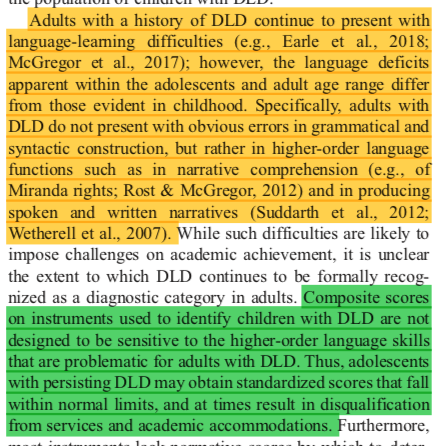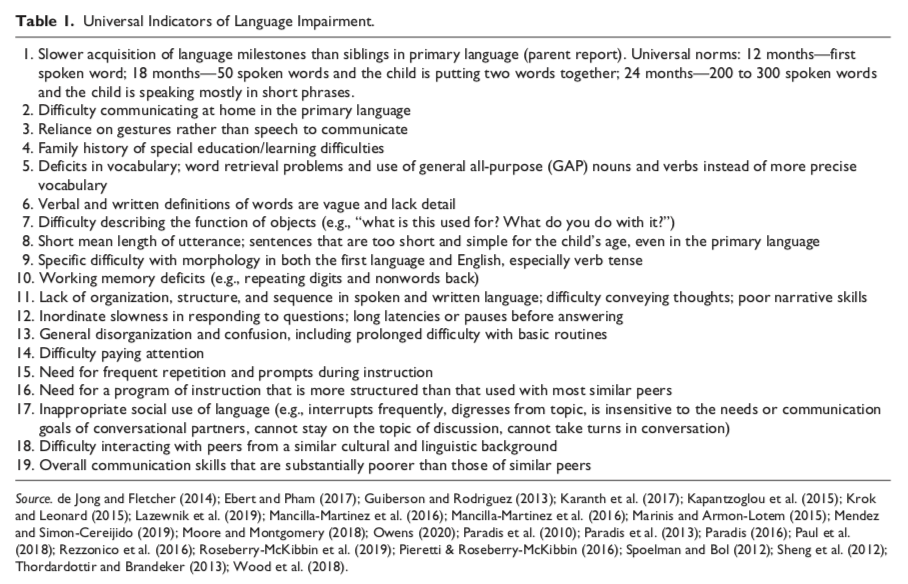If We Don’t Look, We Won’t See: Measuring Lang. Dev. to Inform Literacy Instruction journals.sagepub.com/doi/full/10.11…
@CattsHugh
@CrystleAlonzo
Predicting Dyslexia in Children With #DevLangDis pubs.asha.org/doi/10.1044/20…


sciencedirect.com/science/articl…
SET up interview
Consider family's PERCEPTION
Obtain family's INVITATION
Give KNOWLEDGE to family
Address EMOTIONS
STRATEGY & SUMMARY
(The authors of this best practice guideline are unclear to me, but thanks goes to them!)
narrativeassessment.com
I think their training could provide some clinical hours for #SLP2B who have lost clinical time d/t pandemic.
cjslpa.ca/files/2019_CJS…
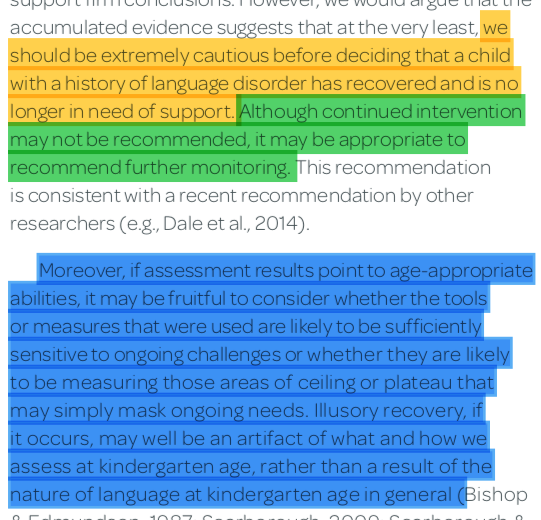
journals.sagepub.com/doi/abs/10.117…
sciencedirect.com/science/articl…
--> Intervention needs to target problematic tasks specifically.
pubs.asha.org/doi/abs/10.104…
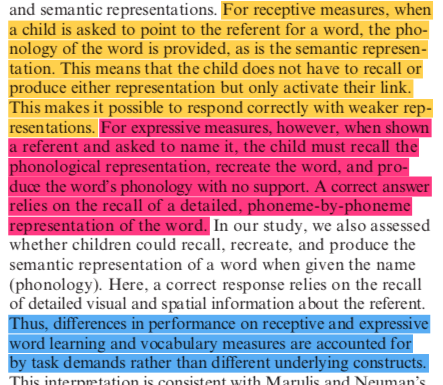
psyarxiv.com/rms7h/
Maximizing Treatment Efficiency in DLD: Positive Effects in Half the Time pubs.asha.org/doi/10.1044/20…
journals.sagepub.com/doi/10.1177/15… ($)
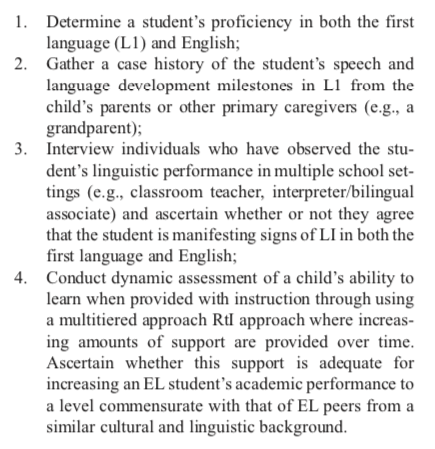
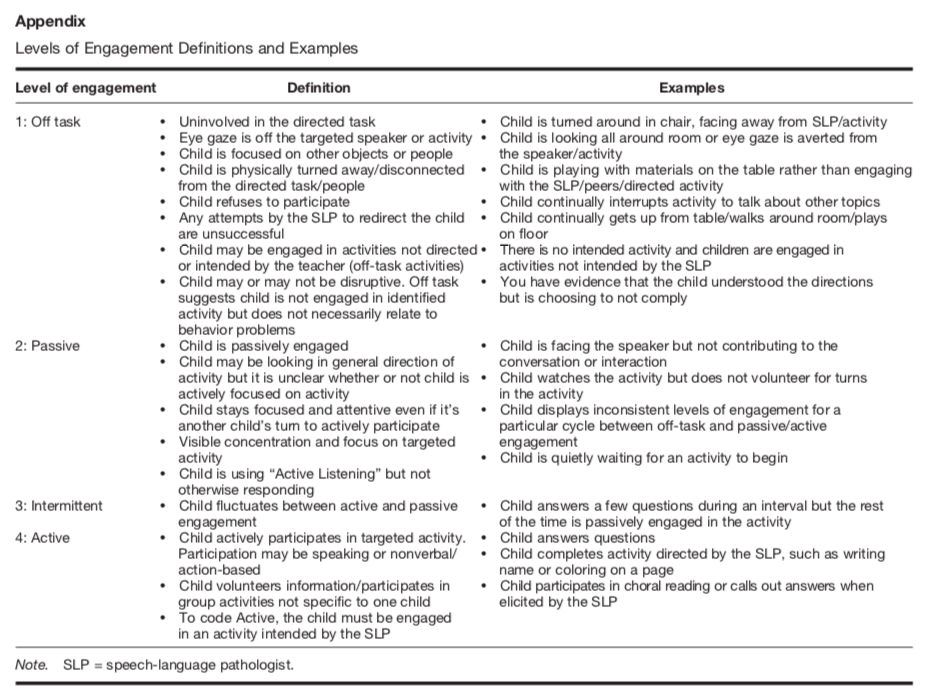
Wait…What??? Guiding Intervention Principles for Students With Verbal Working Memory Limitations pubs.asha.org/doi/10.1044/20…
pubs.asha.org/doi/10.1044/20…
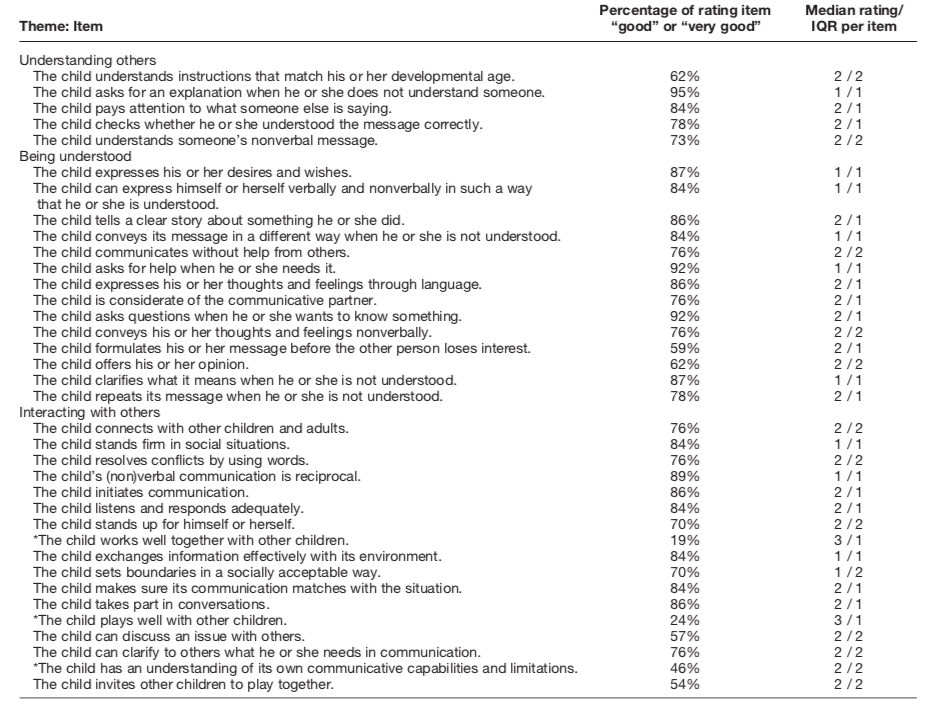
pubs.asha.org/doi/10.1044/20…
pubs.asha.org/doi/10.1044/pe…
Love her tips on eliciting the sample. Might use the practice exercise in #WesternDLD2 this year!
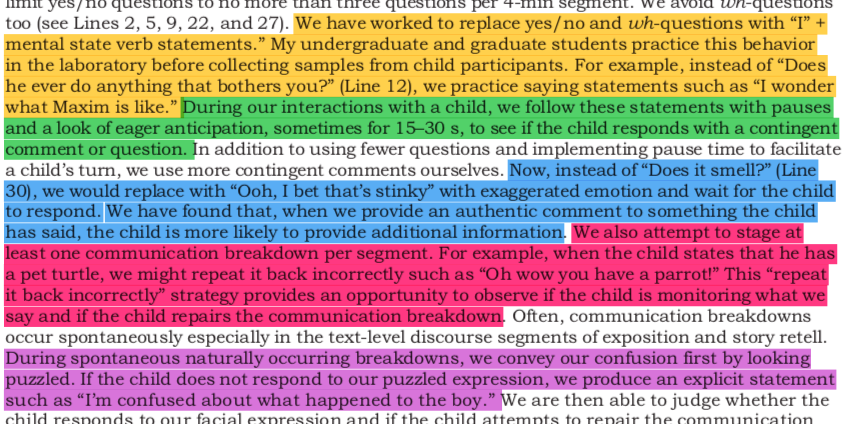
for this top too, and the Adams team for making it available!
research.bmh.manchester.ac.uk/scip/topicc.pdf
A Clinical Model for Developing Executive Function Skills pubs.asha.org/doi/abs/10.104…
With a high quality, evidence-based curriculum, 7% of K-gr.1 were nonresponsive. Responders never developed reading difficulty (followed to gr. 3)
journals.sagepub.com/doi/abs/10.117…
Tracking Early Sentence-Building Progress in Graphic Symbol Communication pubs.asha.org/doi/10.1044/20…
pubs.asha.org/doi/10.1044/20…
pubs.asha.org/doi/10.1044/20…
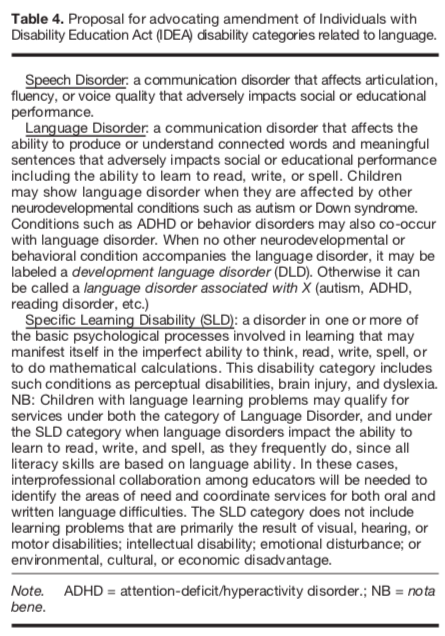
@TELLlab @tiffanyphogan
@lfinestack & Lisa Goffman address the dimensionality of #DevLangDis by emphasizing CATALISE definition of DLD as language impairment WITH functional impact.
pubs.asha.org/doi/10.1044/20…

